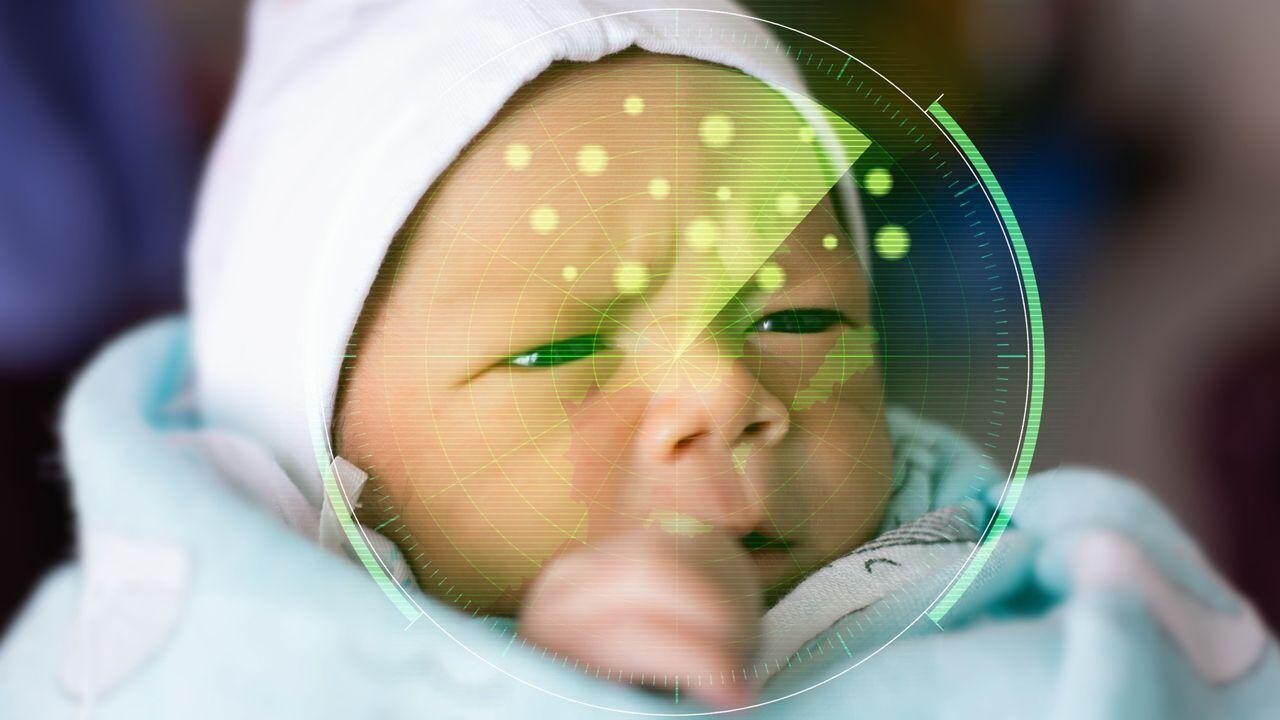AI to make increasingly popular IVF easier in Türkiye

World Health Organization data shows that one out of six couples globally struggles with infertility problems.
Having children has become increasingly difficult in the past decades, but artificial intelligence (AI) technologies may be coming to the rescue.
President of the Turkish Gynecology and Obstetrics Association (TJOD) Professor Dr. Bulent Tiras believes that in-vitro fertilization (IVF) applications can be improved with the support of AI.
‘Robots could do IVF’
“One of the areas where artificial intelligence is used most effectively is IVF and infertility treatments,” Tiras said. “So much so that in the near future there may be no need for IVF specialists; robots could do IVF.”
Tiras discussed the future of AI during the 21st Gynecology and Obstetrics Congress of the Turkish Gynecology and Obstetrics Association (TJOD) held in the Turkish Republic of Northern Cyprus. Tiras stated that AI was first used in embryo selection for IVF.
He explained, “Embryo selection is traditionally made by embryologists. Photographs of these selections are recorded and uploaded to the computer. The computer makes the same selection that the embryologist makes by eye, by selecting the one that resembles the most successful example among the thousands of photographs stored in its memory.”
“This is possible because all successful and unsuccessful applications are already saved in the computer memory,” he elaborated. “We call this computer learning. The computer decides which of the embryos is the most appropriate one.”
Tiras added, “In a study we conducted on 3,600 patients in our own clinic, we uploaded to the system the embryos where pregnancy occurred and those that were unsuccessful. Thus, artificial intelligence selects embryos accordingly.”
‘1 in 15 births is with IVF,’
Pointing out that one in every 15 babies in Türkiye is born as a result of IVF treatments, Tiras said that one of the reasons why couples cannot have children is related to sperm quality. Low sperm count and quality significantly decrease a couple’s chances of achieving pregnancy.
Stating that artificial intelligence can also select the healthiest sperm with machine learning, Tiras said, “Since the computer keeps the images of previously used and successful sperms in its memory, it can select the healthiest and most mobile ones.”
Human intervention replaced by AI in IVF
The specialist also explained that processes that require experience in IVF, such as sperm selection, injection, and embryo selection, are carried out by robots with the help of artificial intelligence.
Tiras said, “Under these conditions, the only procedures performed by the doctor in IVF applications were collecting the eggs and transferring the embryo. Each of the processes other than these can be done by artificial intelligence and robots.”
He stressed, “It seems like science fiction right now, but if they are done by robots soon, there will be no need for IVF specialists!”
AI to make IVF easier in Türkiye
Stating that the latest development in IVF and artificial intelligence applications is that robots replace embryologists, Prof. Dr. Bulent Tiras said, “An embryologist injects sperm into the egg and ensures that the process continues. However, in some experimental studies, robots take over the role of the embryologist and perform the injection. Just like in robotic surgery.”
He also discussed how using artificial intelligence would help future mothers during the process. Tiras elaborated, “More importantly, in IVF application, the expectant mother must go to the hospital at certain times and have an ultrasound to monitor egg maturation.”
“But one of the latest developments in this field was home ultrasound,” he explained. “Women no longer need to come to the hospital frequently to monitor egg development. They can do this on their own at home and send it to the doctor who follows them via their mobile phone application for evaluation.”



